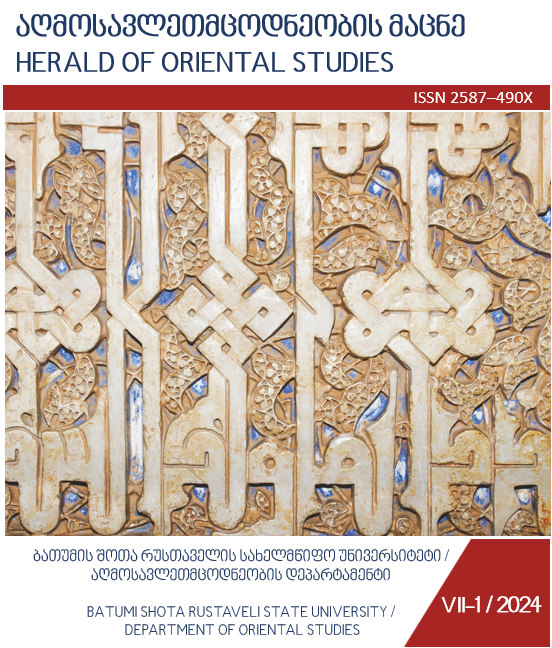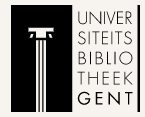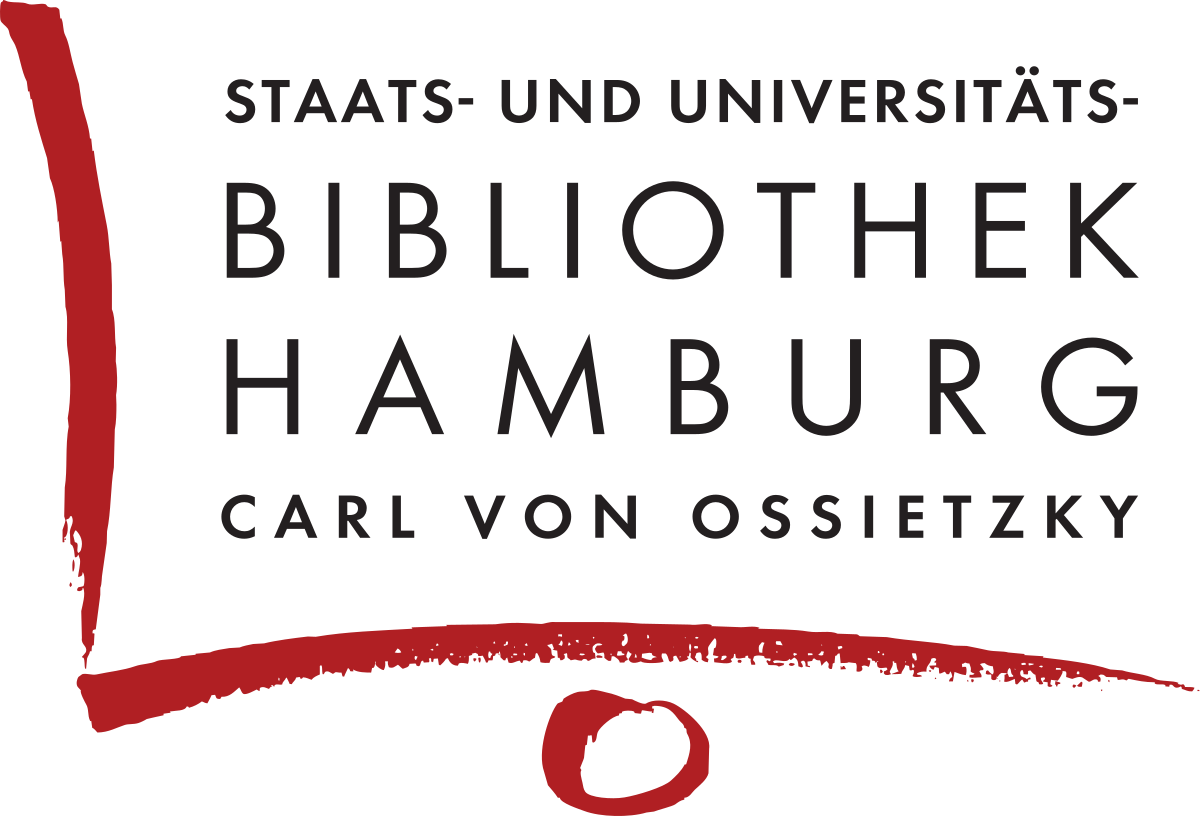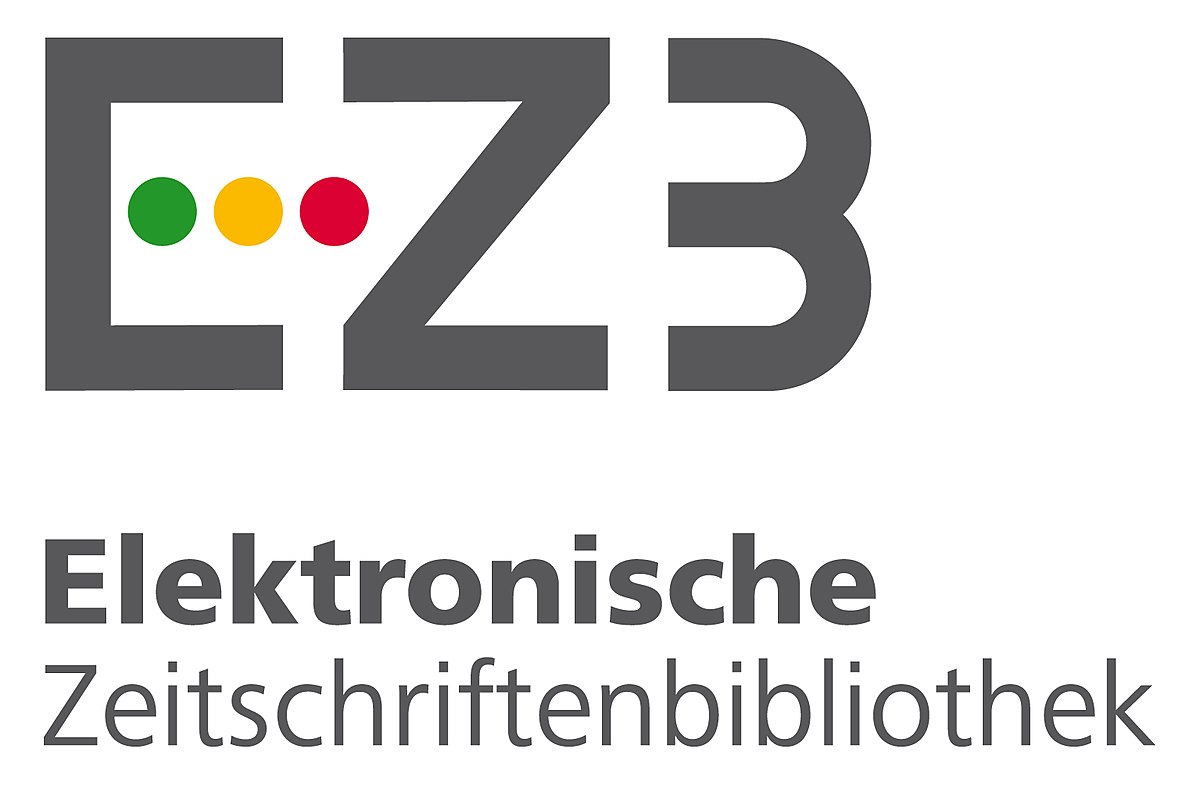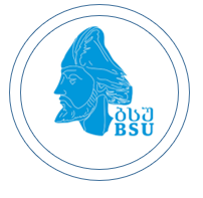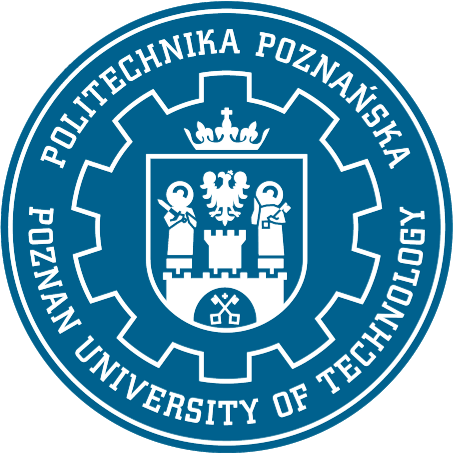The Problem of East-West Relations in the Prose of Elif Shafak and Orhan Pamuk
DOI:
https://doi.org/10.61671/hos.7.2024.7826Keywords:
The West, The East, Culture, Dialogue, Understanding, ReceptionAbstract
The article analyses the problem of dialogue between Eastern-Western cultures in the era of globalization and information - communication revolution. The aim of the research is to discuss this important issue on the basis of works of contemporary Turkish writers: Elif Shafak and Orhan Pamuk. Showing inconsistent relationship between the East and the West is one of the main themes of their literary works. The study is conducted by using comparative analysis and hermeneutic methods.
The two writers have much in common: nationality, personal contacts (education, immigration) with the West, thorough knowledge of the two worlds, but it should be noted that their approach to the issue is different. Elif Shafak’s world vision and manner of writing are feminist. Besides, the author depicts the East from the point of view of an immigrant. This is the world perceived from the position of the observer standing “outside.” The author also depicts an objective picture of the West experienced by an Eastern immigrant.
The approach of Orhan Pamuk to the same topic is absolutely different. He rises from distant history, draws the picture of “Unique East” and marks the readers’ attention to the spiritual connection with the ancestors. He shows the history of the country and makes the readers feel the sadness of Istanbul obsessed with the fear of alteration.
The relevance of the research is to show how important it is to study similarities and differences between Eastern-Western cultures in the modern world. Breaking the borders between the counties, activation of transnational factors, mobility of education led to the formation of a new cultural picture of the world. But it does not mean that traditional confrontation between the members of the binary opposition weakened. In some cases, these objections worsened because the mechanism of defense against the “foreigner/stranger” was developed. These problems have always been and are still relevant in Georgia. The best representatives of Georgian literature (M. Javakhishvili, K. Gamsakhurdia, Gr. Robakidze, O. Chiladze, Aka Morchiladze, etc.) discussed the same issue in their literary and publicist works and even made some conclusions. Thus, it is interesting for us what is the Turkish writers’ position towards this topic. Turkey is our neighboring country with whom we have much in common: history, commitment to traditions, great aspiration for the EU and the desire to find a balance between the two worlds.
The novelty of the research is that it is the first modest try in Georgia to make a comparative analysis of the works of two great Turkish writers - Elif Shafak and Orhan Pamuk and to study their writing peculiarities of depicting East-West relations.
On the basis of analysis, we came to the following conclusion: in the process of globalization, in multicultural, multilingual and digital environment, people try to maintain their identity on the one hand and to acquire a tolerant attitude towards foreign cultures on the other hand. To adopt a foreign culture is impossible without understanding it.

